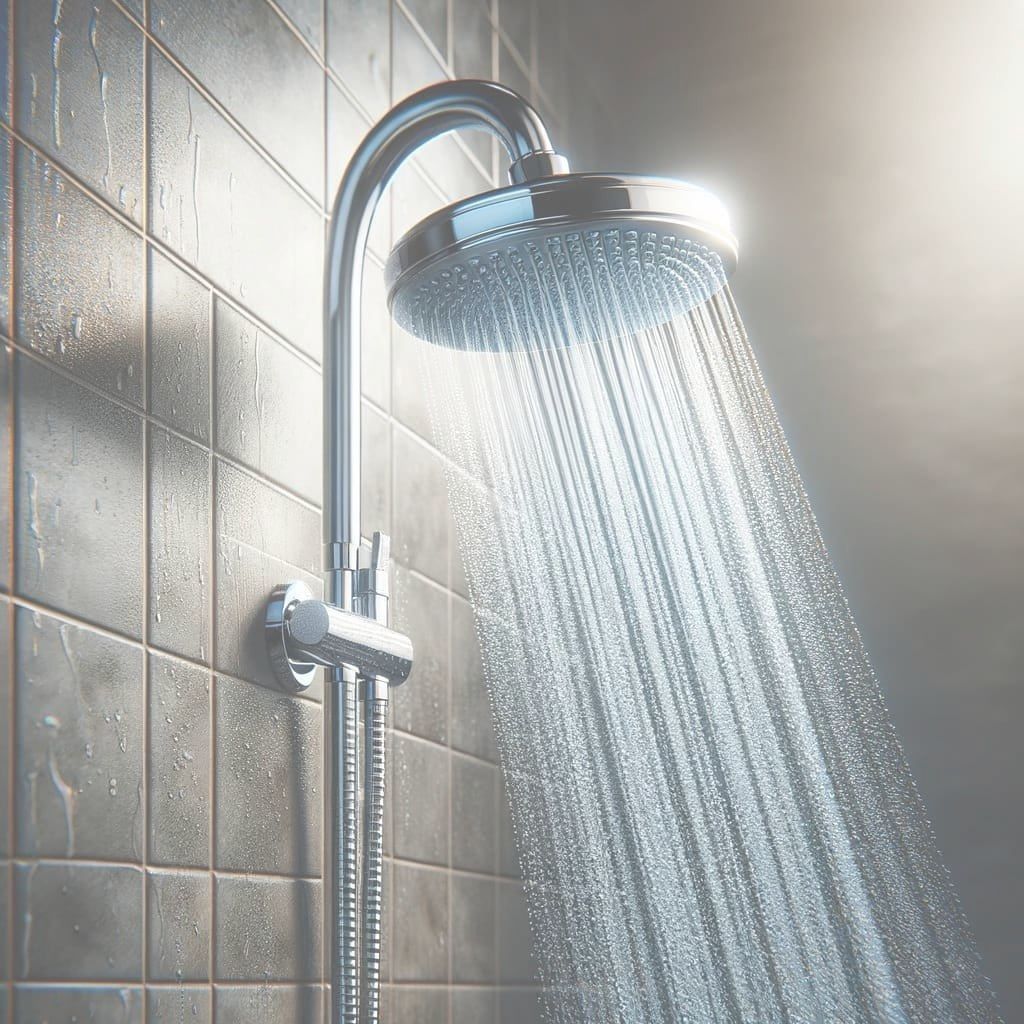
Why Do I Run Out of Hot Water So Quickly?
What a rotten feeling: You jump in a hot shower on a cold morning, and the hot water turns frigid without warning. Suddenly, coffee is no longer necessary. You’re wholly but unpleasantly awake. What happened? Why did you run out of hot water so quickly? Here are some possible reasons for rapidly running out of hot water.
Can Your Water Heater Handle Your Water Demand?
No matter what your water heater system is, it is designed to handle a particular load. Heavy water demand can overload your system and cause it to run out of hot water. First, inspect your water heating system. There are two most common types: traditional storage tank water heaters and tankless water heaters.
• Storage tank water heaters come in several sizes, from under 30 gallons to over 120. Unsurprisingly, larger tank sizes can handle larger hot water loads. They also come with a first-hour rating of how much hot water the system can produce in an hour. You can compare that to your peak usage, which we will discuss next.
• Tankless water heaters are sized by flow rate, measured in gallons of hot water produced per minute. Flow rates range from 1 GPM to 9 and over, and a heating system should match higher water demand with a higher flow rate.
Now, notice how you are using hot water:
• Does more than one person bathe or shower at the same time?
• Are you running appliances such as washing machines or dishwashers simultaneously?
• Have you added more members to your household (aging parents, children, etc) recently?
Do some research about how much water your household is using at peak times. You might be surprised by the amount. For instance, the average shower uses 20 gallons of hot water, while the dishwasher uses seven. Could you be overloading your hot water heating system? If so, the answer is simple: reduce your hot water usage or upgrade to a system that can handle a higher output.
Could It Be the Heating Element?
Sometimes, you are not getting enough hot water because your water heater element is simply not heating or not heating enough. For instance, your pilot light may be out with a gas system. Or, if it is an electric water heater, your fuse may be flipped due to an outage or other electric problem. Both are relatively simple to fix.
Could Your Tankless Water Heater’s Temperature Rise Be Insufficient?
If you have a tankless water heater that is not heating your water enough, you may have an insufficient system for your home needs. Tankless water heaters, in addition to flow rate, are rated by maximum temperature rise, which is how many degrees can raise water from ground temperature (usually 50 degrees) to a given heat (usually 120 degrees) for a given flow rate. Depending on the circumstances, you may need to lower your flow rate or add more heaters to the line. An experienced plumber can help you decide.
Could It Be Mineral Buildup?
Mineral buildup is another common reason for hot water problems, especially in tankless water heaters. If your water supply consists of hard water (water heavy in minerals), it can cause the scale within your water heating system to fail. It can cause the heating element to corrode and leak in the tank (for heaters that use tanks) or pipe failure. Buildup in pipes can also result in lower water pressure, making it feel like there is less hot water. You might also need to replace your shower head. Water heater maintenance is essential, but you have better things to do than fight with water heaters.
Are you considering a water heater upgrade? You need a tested partner like Superior Plumbing and Pipelining to help you repair, maintain, or replace your current system. If you live in the Jacksonville, Florida, area, why not reach out to discuss your situation? We can help you get your hot water flowing and stay hot longer than ever.
FAQs
Why does my hot water run out so quickly?
Your hot water may run out quickly due to several factors, such as the size of your water heater, high demand, sediment buildup in the tank, or a faulty thermostat. Identifying the exact cause can help resolve the issue.
How can the size of the water heater affect how long I have hot water?
If your water heater is too small for your household's needs, it may not hold enough hot water to keep up with demand. Upgrading to a larger tank or installing a tankless water heater could solve this issue.
Can sediment buildup in my water heater cause a loss of hot water?
Yes, sediment buildup at the bottom of the water heater can reduce its efficiency and storage capacity, leading to a quicker loss of hot water. Flushing the tank regularly can help prevent this problem.
How does a faulty thermostat affect the availability of hot water?
A faulty thermostat can prevent the water heater from heating water to the desired temperature, causing you to run out of hot water sooner. Replacing or adjusting the thermostat can fix this issue.
Can high demand for hot water in my household cause it to run out quickly?
Yes, high demand, especially during peak usage times, can cause hot water to run out quickly. If multiple showers, appliances, and faucets are using hot water simultaneously, the heater may struggle to keep up
How often should I maintain my water heater to avoid running out of hot water?
Yes, during colder months, water entering the heater is cooler, which can take longer to heat. This can cause your water heater to run out of hot water more quickly than usual.
Can upgrading to a tankless water heater solve the issue of running out of hot water?
Write a description for this list item and include information that will interest site visitors. For example, you may want to describe a team member's experience, what makes a product special, or a unique service that you offer.
What are the signs that I need to replace my water heater?
Signs that you may need to replace your water heater include frequent loss of hot water, leaks, rust-colored water, and strange noises coming from the tank. If your heater is over 10-15 years old, it might be time to consider a replacement.
Can adjusting my water heater’s temperature setting help extend the amount of hot water available?
Yes, increasing your water heater’s temperature setting can make the water hotter, allowing you to use less during each use. However, avoid setting the temperature too high to prevent scalding.
